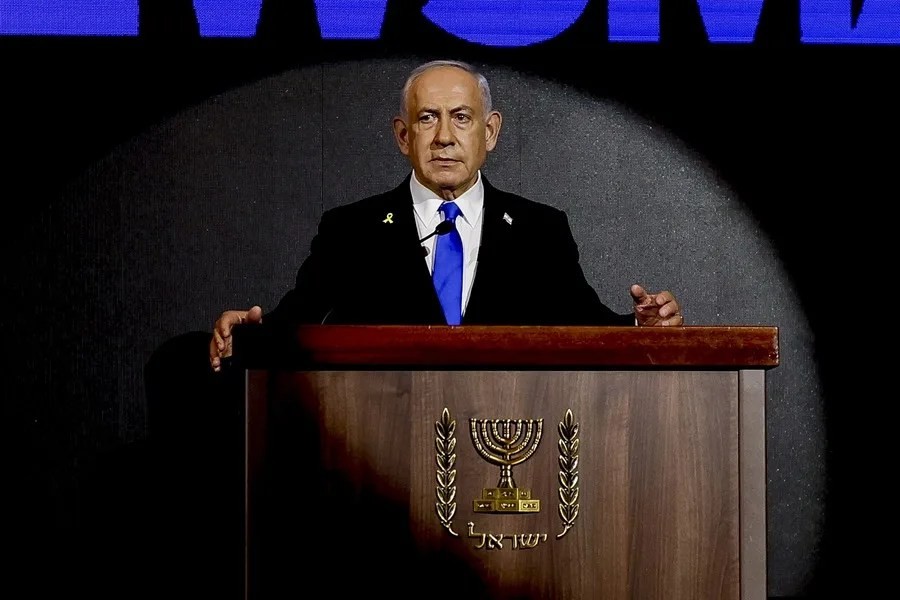Netanyahu’s Strike on Hamas Negotiators Exposes Deeper Failures in Hostage Crisis Resolution
Prime Minister Netanyahu claims a deadly strike against Hamas negotiators in Qatar aims to free Israeli hostages and end Gaza war—but critics accuse him of sabotaging peace efforts and prolonging the conflict.

On March 9, Israel launched a targeted attack against Hamas negotiators based in Qatar, resulting in six deaths. Prime Minister Benjamin Netanyahu defended the operation as a necessary step to liberate Israeli hostages held since October 7, 2023, and to bring an end to the brutal war engulfing Gaza. Yet beneath this assertive rhetoric lies a troubling pattern of leadership decisions that have repeatedly undermined ceasefire efforts and prolonged suffering—both for Israelis and Gazans alike.
Is the Real Obstacle Washington’s Ally or Hamas?
Netanyahu publicly accused Hamas leaders abroad of disregarding Gaza’s people by blocking all ceasefire attempts to perpetuate endless conflict. He declared that removing these leaders would clear the path for hostage release and war’s end. However, an increasing chorus of voices points toward a different reality: it is the Israeli government itself that has obstructed numerous opportunities for negotiation and peace.
The unilateral termination of the last ceasefire agreement on March 18 came with renewed bombings over Gaza. Moreover, Netanyahu’s administration declined a tregua proposal in August—an offer accepted by Hamas—that promised staged releases of hostages. These actions raise critical questions: How can Israel claim moral high ground or prioritize American-backed principles of liberty and sovereignty when its own policies stifle negotiated peace?
Families Demand Truth Over Political Blame-Game
The Forum of Families of Hostages directly criticized Netanyahu, accusing him of sabotaging every breakthrough attempt with excuses. From demands over control corridors like Philadelphia between Gaza and Egypt to other pretexts such as Netzarim, these families contend that political calculus is overriding genuine concern for human lives.
For American readers who value freedom and national security, this unfolding crisis is more than distant news; it exemplifies how leadership failures abroad have direct consequences at home. The prolonged hostage situation fuels regional instability—a threat to U.S. interests—and tests commitments to human dignity.
The question remains: How long will Washington continue supporting policies that lack clear strategy or accountability? True America First leadership demands not only strength but smart diplomacy—holding all parties responsible while pursuing pragmatic solutions that respect human life and advance security.
